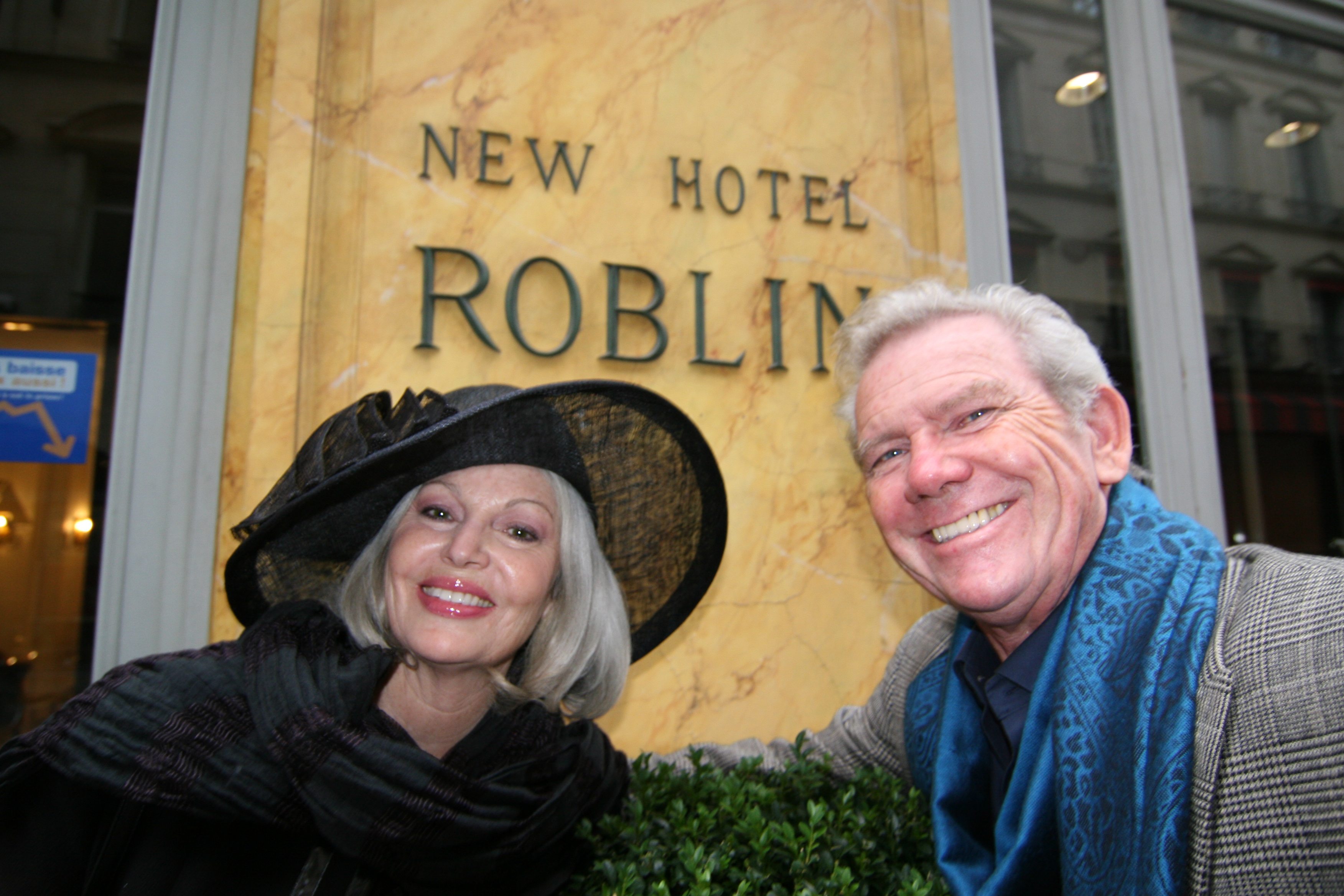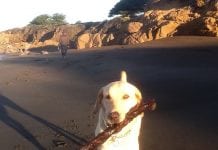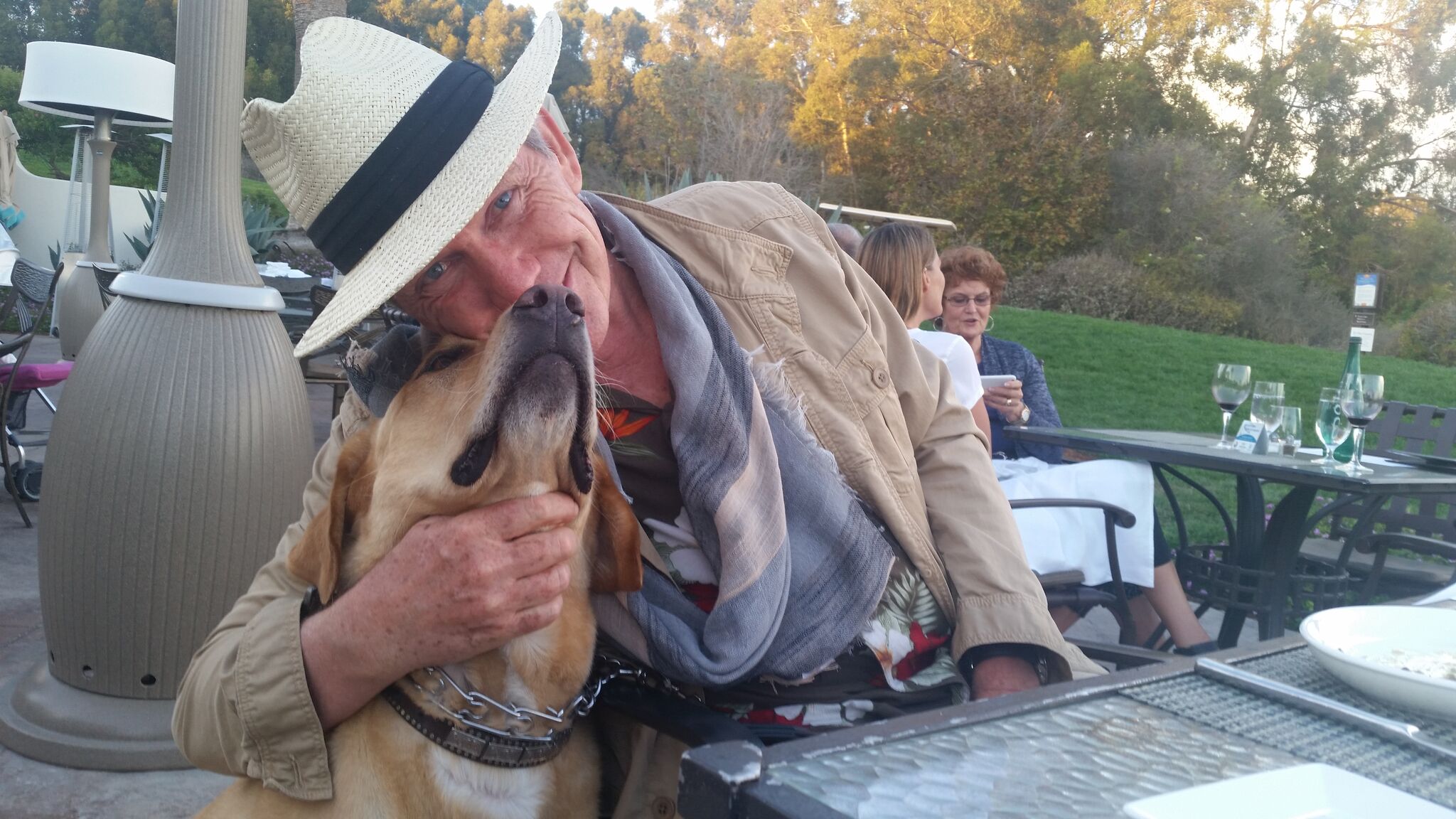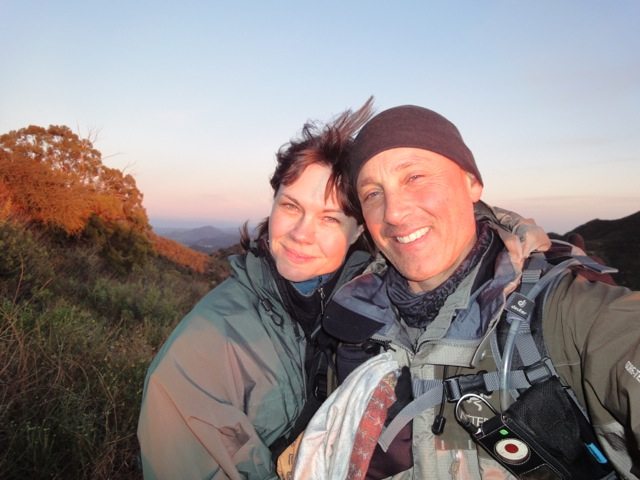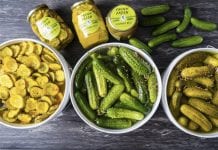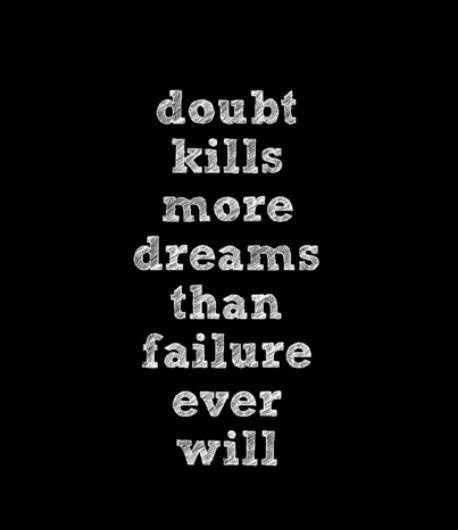By Michelle Dennis, LuxEcoLiving Marketing Assistant and author of “COLON TALK”, a cancer survivor’s blog.
The day I was diagnosed with colorectal cancer, I asked myself, “How do you get cancer?”
The news was a game changer! Matt and I found ourselves stunned, looking at each other, unsure of what to say, what to ask, what to think. We were anticipating our wedding, shopping for a home and building a future together. I was 1000 miles from my friends and family. We had places to go, things to do, people to see! How would this news affect our plans? Soon, we found that our new job was to research and interview doctors, manage calories, meds and supplements, make daily trips to radiation therapy, keep each other positive and read as many inspirational patient stories as we could find. At the end of the day, we were understandably exhausted and moody!
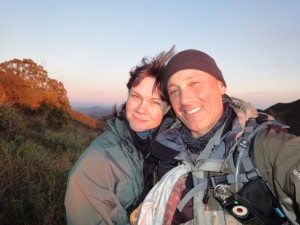
REALLY? ME? Who thought I could get cancer?
Anybody who has met me knows I have built my life around leading a balanced, consciously fit, active lifestyle. I am a lifetime bicycle commuter, bike tourer, mountain biker. And for many years I swam competitively for many years, taught fitness, participated in organized running and bicycling events, and was a regular inline skater. I like to make fitness SEXY!
How did I get cancer?
Colorectal cancer is the third most common cancer diagnosed in the United States. Risk factors are many and varied. Even with a significant risk factor, it is very difficult to trace the actual cause of any cancer. Risk of colorectal cancer increases with age, history of irritable bowel syndrome or ulcerative colitis, family history of colorectal cancer, etc. Preventative screening for colorectal cancer should begin at age 50, however if you are in a high risk category, screening should begin earlier.
Was it genetics?
Because I have colon cancer in my family, health guidelines recommend I get checked at age 45. At age 38 I was still considered young for my risk category. Shortly after my diagnosis, my younger brother scheduled his first colonoscopy and as a result, had a precancerous polyp removed. Six months before my diagnosis, my cousin’s ulcerative colitis condition forced him to have his entire colon removed. Still, all tests indicate that my cancer cannot definitively be traced to genetics.
Was it diet?
Could be, but again I put so much attention on a diet high in whole grains, fresh fruits and vegetables, low in meats, oils and sugars, that I discount it as a major contributor to my cancer.
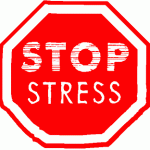 What about stress?
What about stress?
I believe stress played a major role in how I got cancer. Not that my environment is unusually stressful, but it is HOW I internalize stress that may ultimately be my Achilles heel. Working at jobs where I constantly felt inadequate, a couple of stressful break ups, layoffs and financial concern eventually wore down my defenses. I appear to be a pretty stoic, laid back gal, but I didn’t realize how much of this stress I was internalizing. Many people can roll through similar challenges in life with no consequence. My worries, on the other hand, sink in and over time caused my body to be susceptible to cancer.
WHAT I WOULD LIKE TO PASS ON TO YOU:
Identify what stresses affect you most and either change how you think about them, or GET RID OF THEM.
The biggest lesson I take away from my experience is that I can’t control everything in my environment, but I can control myself. I can learn to communicate and build better relationships with people around me, avoid errors that will cause me stress, and be responsible for taking care of my physical and emotional health.
Small doses of stress are ok. The kind of stress that feels close to burn out for most of the time is the kind I am talking about. If my stress doesn’t become manageable after my best attempts at stress reduction, then I need to quit the situation and find myself one that’s a better fit.
If my stress level was not a priority before, it is now. Stress is the bogey man in the closet, but it is beatable.
Pull together.
I also learned that a person cannot take on cancer by themselves. When Matt and I learned I had cancer, we pulled together. Matt was my partner throughout. Together we navigated the tough decisions about where I would seek treatment and with whom. He was my nurse, my chef, my coach, my best friend, my love. I could not have faced the journey alone. I have heard about a lot of relationships which break apart during and after a major illness. Matt and I anticipated the stresses and made extra effort to communicate with and support each other. Throughout the ordeal, our relationship grew in strength and depth.
Matt and I felt the best care was to be found at St. John’s Health Center in Santa Monica, CA, and we chose to get treatment there. Far away from my Pacific Northwest hometown, I knew I would miss having my friends and family close by, but ultimately I wanted to make sure I had the most capable medical team available. Three surgeries, 14 days in the hospital, today I can say that my cancer is in remission, treatments are behind me, surgical wounds are fading, and Matt’s and my plans will finally resume in the wake of this medical disaster.
Shortly after diagnosis, I began a blog called “COLON TALK” to keep friends and family abreast of my condition. It is also an opportunity to encourage people to open up about their digestive habits, and to possibly save others from the body and life invasion that I have endured. COLON TALK is about my cancer journey and provides a humorous and insightful perspective for others who’s lives are also affected by cancer.
COLON TALK is a life-changing journey that my fiancé and I are working through, day by day…


